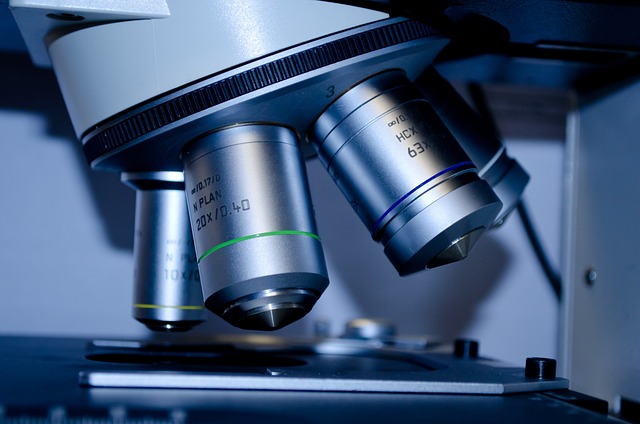CLINICAL RESEARCH JOBS IN USA WITH VISA SPONSORSHIP
Need some guidance on how to get a job in clinical research? This article is for you, here we will discuss things you need to know about clinical research jobs and most importantly how to get a clinical research job in USA with visa sponsorship.
The investigation of human health and illness is known as clinical research. It is how we get knowledge on how to identify, diagnose, and cure diseases. The term “clinical research” refers to a wide range of scientific inquiry components. In other words, it uses human subjects and aids in the conversion of fundamental research (conducted in laboratories) into novel therapies and knowledge that will assist patients. Clinical research encompasses not only clinical trials but also research in the fields of epidemiology, physiology and pathophysiology, health services, education, outcomes, and mental health. Clinical research is a vital industry working to translate basic medical discoveries into working treatments.
Who is a clinical researcher?
Clinical researchers plan, carry out, and oversee clinical investigations involving substances that are intended for clinical development.
In the United States, the average yearly salary for a clinical researcher is $95,360, and their projected total compensation is $109,149.
Duties and responsibilities of a clinical researcher in USA
A clinical researcher’s daily duties usually depend upon their location, specific role and specialty, but they may include the following:
1. Prior to research studies, patient recruitment and screening.
2. Gathering and analyzing data to assess a product’s safety or effectiveness.
3. Working together with a medical or scientific group.
4. Controlling project spending and schedules.
5. Ensuring that trials are conducted correctly and adhere to local laws.
6. Drafting and examining clinical reports at study completion.
7. Composing essays for publications in science or medicine.
8. Making findings presentations at conferences or gatherings.
9. Getting money from sponsors or medical associations.
Skills for clinical researchers in USA with visa sponsorship
To be successful at their job and determine the safety of a new drug or medication, clinical researchers need to have a combination of technical and soft skills. The following skills are beneficial for clinical researchers to have:
1. Data analysis
2. Public speaking
3. Writing
4. Organization
5. Paying attention to details
How to become a clinical researcher in USA with visa sponsorship
The first step to becoming a medical scientist is ensuring you have the right qualifications. You must earn the right degrees and gain valuable experience to secure a job. You also need to make sure you have the right set of both hard and soft skills. Importantly, make sure you are interested in this career path before getting started. Follow these more detailed steps on how to become a medical researcher:
1. Obtain a bachelor’s degree: A bachelor’s degree in biology, chemistry, or a related discipline is a prerequisite for becoming a medical scientist. The minimum prerequisite is a bachelor’s degree, which takes three to four years to complete. After that, you can continue on to get a master’s degree, which takes an additional two years.
2. Take relevant courses: You should consider taking optional classes like math, technical writing, life science, public speaking, and physical sciences in addition to your bachelor’s degree program. By the time you finish your degree, these courses will have helped you acquire applicable abilities. To become an expert in your chosen topic of study, think about taking elective classes that are directly relevant to it.
3. Obtain a doctorate: Obtaining a doctoral medical degree, such as a doctorate of medicine (MD), is the next stage. Moreover, you can pursue a Ph.D. in biology or chemistry. Writing a thesis, reviewing an ethics code, conducting lab work, and learning about various research techniques are all common requirements for earning a doctoral degree.
4. Finish a medical research residency: Following graduation, you must be ready to begin a three- to seven-year medical residency. Working closely with seasoned medical researchers is a part of a medical residency program. You can obtain the practical experience that is unavailable in a classroom setting by doing this.
5. Apply for a license: The proper license is required in order to work as a licensed medical researcher. This occasionally might entail passing a test. The medical experts you have encountered during your residency might offer you guidance if you are unsure of how to proceed with the entire process. You might not need a license if your research will be done in an environment where patients won’t be involved. A license is necessary to work in any position where giving medication or practicing medicine is involved.



